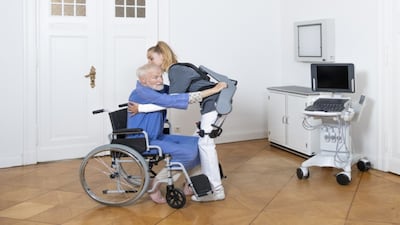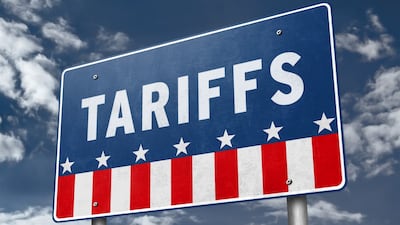More than a decade ago venture capitalists identified neurostimulation as a fertile new field for investment. The use of energy pulses—usually electricity—to manipulate the body’s nervous system had the potential to treat neurological, metabolic, and numerous other diseases. But those seeds planted in neurostimulation ventures over the past 10 years have produced more disappointments than results, with companies like LivaNova PLC and Northstar Neuroscience Inc. running into troubles over the past two years.
But the losing streak is over. The Food & Drug Administration recently cleared Neuronetics Inc. to begin selling its NeuroStar TMS as a treatment for people who haven’t responded...
Read the full article – start your free trial today!
Join thousands of industry professionals who rely on Medtech Insight for daily insights
- Start your 7-day free trial
- Explore trusted news, analysis, and insights
- Access comprehensive global coverage
- Enjoy instant access – no credit card required
Already a subscriber?







